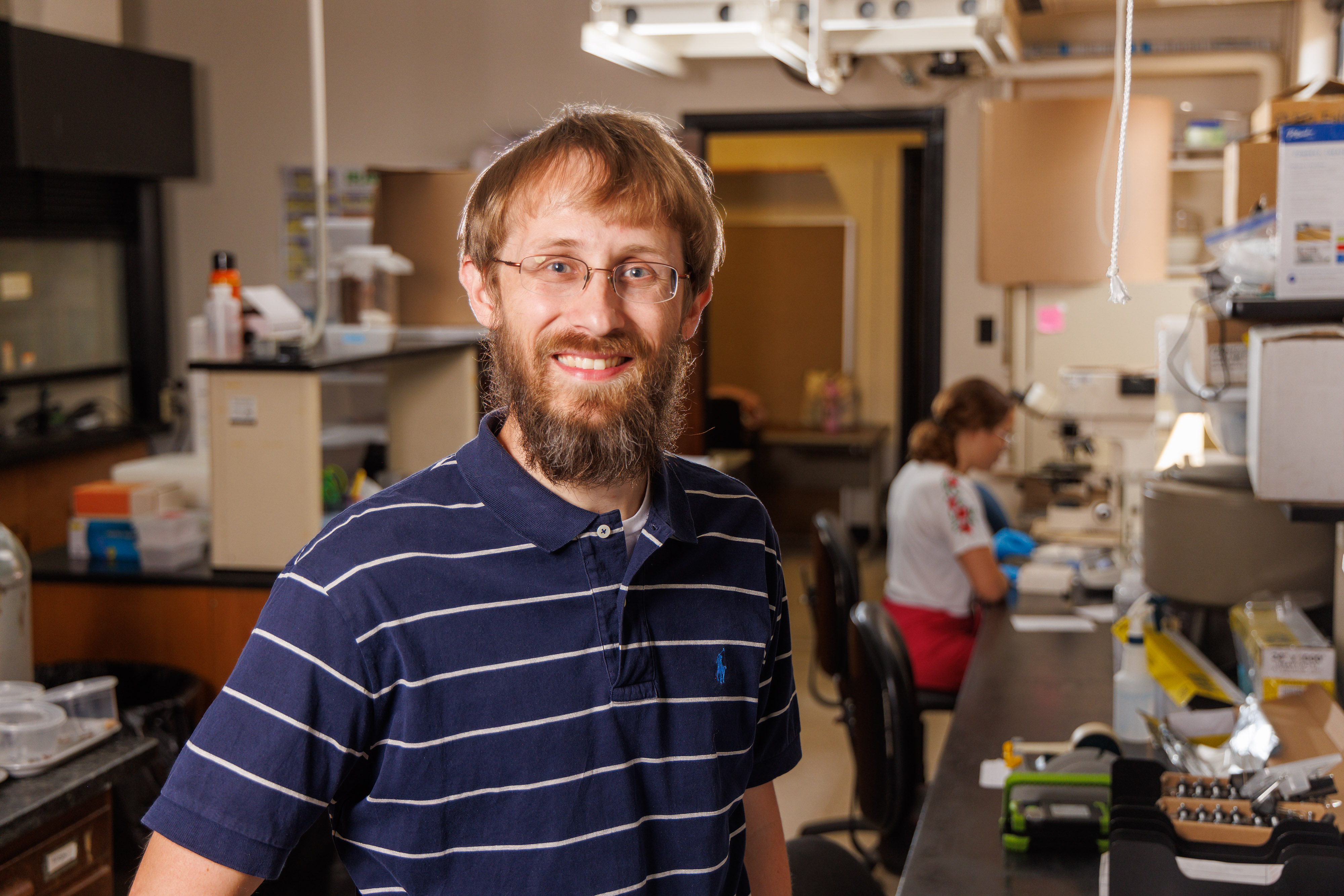More than 25 million people in the U.S. live with asthma, and cockroach allergens are a key trigger in many low-income, urban settings.
A University of Kentucky Martin-Gatton College of Agriculture, Food and Environment-led research team, with collaborators at Louisiana State University, has received a U.S. Department of Housing and Urban Development (HUD) Healthy Homes Technical Study award to develop a complete and durable approach to cockroach control in affordable housing. The project, "A Complete Approach to Cockroach Management in Affordable Housing Communities," is funded by a nearly $1 million cooperative agreement with HUD.
The study is designed to reduce allergen loads by pairing proven pest biology with resident-supported practices and procurement reforms that reward effective methods. The team will work across multiple affordable housing communities, enrolling about 50 homes for in-home trials and pairing with surveys and laboratory testing.
"Cockroaches are common in many communities, and they are not just a nuisance," said Zachary DeVries, principal investigator and The Bill Gatton Foundation Early- Career associate professor of entomology at UK. "Cockroach allergens can trigger asthma, especially among children. The good news is that when we effectively control cockroaches, those health risks decline. The challenge has been keeping them down over time in large, under-resourced communities. This project lets us tackle both the science and the real-world barriers so the gains last."
The study, which began in April 2025 and will conclude in March 2028, has three objectives:
- Identify why control efforts fail. Researchers will review pest-control request-for-proposal (RFP) language from housing authorities, test popular over-the-counter "essential oil" products against German cockroaches and measure how sanitation levels affect results to pinpoint outdated specs, ineffective products and on-site conditions that undermine control.
- Increase resident participation. The team will survey residents about practices such as prompt reporting, housekeeping routines and cooperation with building-wide treatments. It will test simple "nudges," education and peer-comparison feedback to improve adoption.
- The team will evaluate liquid bait formulations - delivered as drinkable water sources containing a low-dose active ingredient - in both lab and home settings, comparing their performance and cost with that of standard gel baits to determine if liquid baits can match or exceed efficacy at a lower, more easily scalable price point.
Why the project matters
"We know how to knock roaches down," DeVries said. "This project is about keeping them down by aligning products, policies and people so homes stay healthy."

From spring through early fall 2025, the team has focused on assembling personnel, securing regulatory approvals, refining study instruments and preparing sites and supplies. Resident surveys and laboratory screening of candidate products begin as recruitment ramps up, followed by in-home field trials that compare liquid baits with current gel-based approaches while tracking costs and implementation steps across approximately 50 households through 2026-27.
The final phase, from late 2027 to early 2028, focuses on data analysis and translation, converting results into practical guidance for housing authorities, property managers, service providers and residents, as well as outreach to the industry to support the broader adoption of effective and lasting methods.
"Our success isn't a one-month snapshot; it's whether families are still roach-free later on and whether housing providers can maintain that outcome with tools and budgets they already have," DeVries said. "That is the benchmark we're building toward."
Research reported in this publication was supported by the U.S. Department of Housing and Urban Development as part of an award KYHHU0090-24 totaling $999,979 with 100% funded by HUD.






